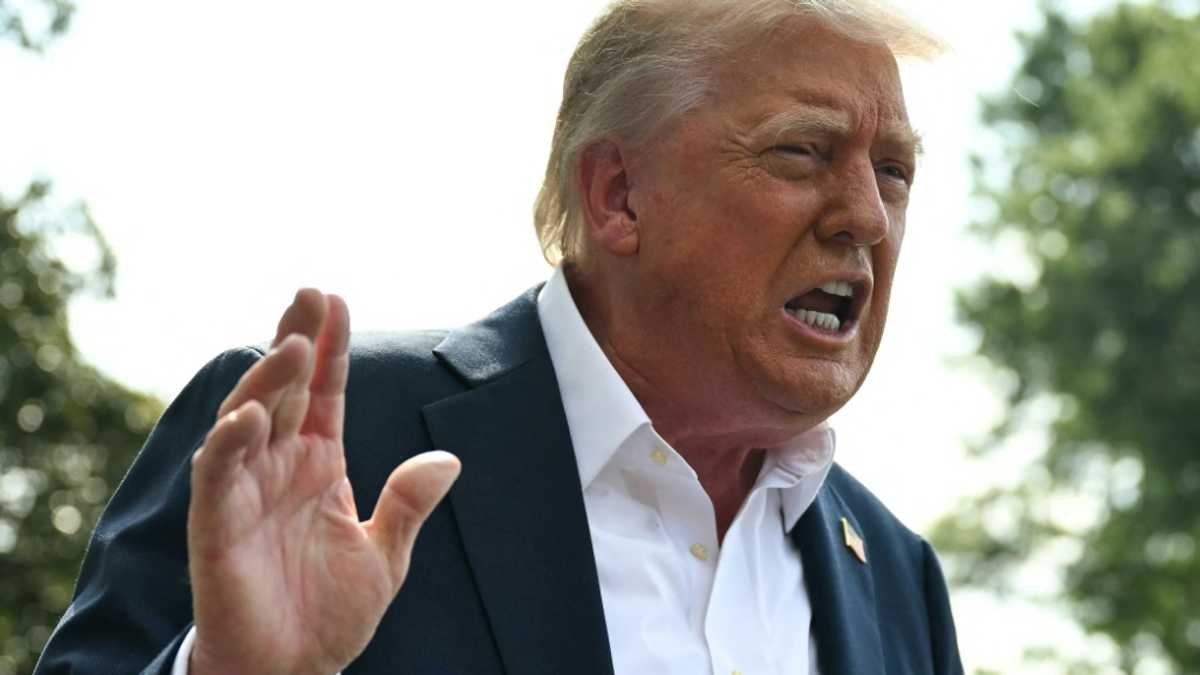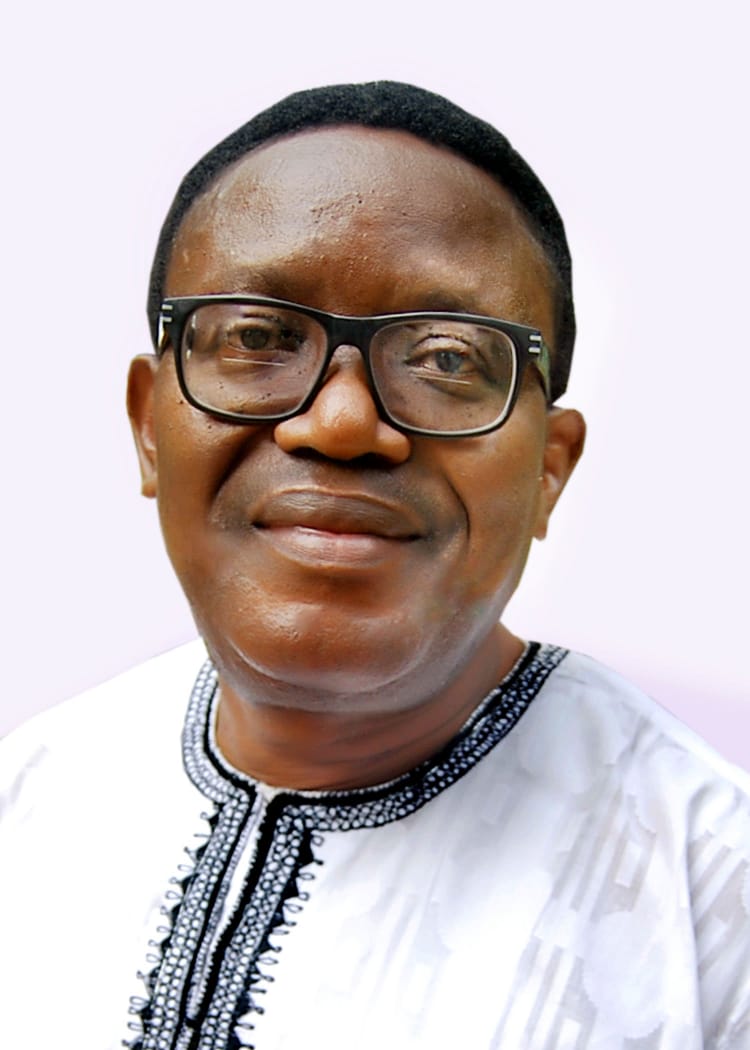US Reinstates Strict Travel Ban and Financial Sanctions On Cuba in Sweeping Policy Shift - Travel And Tour World
Wednesday, July 2, 2025

The US officially re-imposed a tight travel ban and complete economic sanctions on Cuba in a far-reaching new directive inked by U.S. President Donald Trump initiated a decisive turnaround from the previous administration’s approach under Joe Biden. Intended to reap utmost economic and diplomatic advantage against the communist-government, fresh restrictions prohibit American travel to the island nation, prohibit financial transactions with Cuban military-run institutions like GAESA, and tighten the decades-long economic blockade. By White House account, these measures are designed to isolate the Cuban government, restrict its access to critical sources of revenue, and push democratic change by restricting state-run activities that suppress civil rights.
In a decisive move that redefines Washington’s diplomatic posture toward Havana, President Donald Trump has signed a sweeping presidential memorandum that reinstates several hardline measures against Cuba. The directive, released by the White House, marks a sharp departure from the previous administration’s attempt to normalize relations with the island nation.
The memorandum, which was signed on Monday, codifies a firm U.S. policy stance against the communist-led government in Cuba. It not only revives the longstanding economic embargo but also reimposes severe travel and financial restrictions that had been previously eased. The policy targets Cuban government-linked entities, particularly those tied to the country’s military infrastructure.
Among the most significant elements of the new directive is the enforcement of a complete statutory ban on U.S. tourism to Cuba. While Americans have long been prohibited from engaging in traditional leisure travel to the country, earlier policies had carved out exceptions for educational exchanges, cultural missions, religious visits, and humanitarian activities. Under Trump’s renewed policy, these exceptions will now be subject to rigorous federal oversight and tighter interpretation.
According to a fact sheet released by the White House, the new directive “reaffirms the statutory ban on tourism to Cuba” and bolsters the economic embargo. The U.S. government will now strictly enforce the provisions that prohibit American citizens and companies from conducting financial transactions with Cuban entities controlled by the military or intelligence services.
This move represents a full-circle return to Cold War-era strategies, aligning closely with the hardline views historically held by segments of the Cuban-American community in Florida and elsewhere. The administration argues that these sanctions are necessary to pressure the Cuban regime to uphold human rights, democratic principles, and economic freedoms.
A key pillar of the Trump administration’s updated Cuba strategy is the reinforced prohibition on financial dealings with entities under military control, led prominently by the conglomerate Grupo de Administración Empresarial S.A. (GAESA). (GAESA), a dominant state-run conglomerate that manages a large share of the nation’s economic activity, including key sectors like tourism, commerce, and infrastructure. U.S. authorities have consistently identified GAESA as a vital financial pipeline sustaining the Cuban government’s operations and influence.
The newly issued presidential directive bans all forms of financial dealings—both direct and indirect—with GAESA and its network of affiliated firms, extending to transactions routed through intermediaries or foreign-based accounts. However, the policy includes a narrow window for exceptions—transactions that demonstrably support the Cuban people or advance U.S. foreign policy objectives may still be permitted on a case-by-case basis.
The directive clarifies that the primary aim is to curtail financial flows that benefit the Cuban state and military, rather than to undermine efforts to engage with civil society. U.S.-based organizations conducting approved humanitarian or educational work will still be allowed to operate under tightened guidelines.
The Trump administration’s decision also revokes key components of former President Joe Biden’s more open approach toward Cuba. Early in his current term, President Trump swiftly overturned a last-minute move by the Biden administration that had taken Cuba off the United States’ list of designated state sponsors of terrorism.
That designation had been lifted by the Obama administration and reinstated by Trump during his first presidency. Biden’s decision to once again remove Cuba from that list drew strong criticism from conservative lawmakers and human rights watchdogs, who viewed the move as premature and diplomatically risky.
Trump’s current policy not only reinforces Cuba’s presence on the terrorism list but also restores sanctions that Biden had rolled back, particularly those impacting trade, travel, and remittance flows. In addition, the administration has reimposed limits on the issuance of visas for Cuban nationals and announced plans to increase scrutiny of U.S.-Cuba academic and cultural exchanges.
The Trump directive has also confirmed that the United States will continue opposing global efforts to lift the Cuban embargo. In recent years, annual votes in the United Nations General Assembly have seen overwhelming majorities of member states support the termination of the U.S. embargo. However, successive American administrations have exercised their veto power or abstained, preventing any binding resolutions.
In line with this precedent, Trump’s policy reinforces America’s opposition to such resolutions. The administration maintains that lifting the embargo without conditions would weaken U.S. influence and benefit a regime it views as authoritarian and oppressive.
By affirming this opposition in international forums, the Trump administration signals a broader shift away from multilateral consensus on Cuban policy and a renewed emphasis on unilateralism. The move is likely to draw criticism from human rights groups, regional allies, and international organizations that have long called for an end to the embargo.
To ensure the enforcement of the new rules, the U.S. Treasury Department and Department of Commerce are expected to issue updated regulations. These changes will expand the scope of compliance requirements for American businesses, financial institutions, travel agencies, and non-governmental organizations operating in or with Cuban partners.
Under the directive, U.S. citizens who qualify under the remaining permissible categories of travel—such as journalism, humanitarian aid, or official diplomatic missions—will need to maintain detailed documentation of their activities. These records must be preserved for a minimum of five years and made available for government audits upon request.
Moreover, the Office of Foreign Assets Control (OFAC) will play a central role in overseeing the implementation of sanctions. Financial penalties for violations may be increased, and the administration has indicated that it will pursue aggressive enforcement against those who circumvent the rules through informal or indirect means.
The renewed U.S. stance on Cuba signals a wider strategic and ideological repositioning across the Americas. By doubling down on sanctions, the administration hopes to curtail the influence of left-wing governments allied with Havana, including Venezuela and Nicaragua.
Additionally, the policy seeks to send a message to China and Russia, both of which have strengthened ties with Cuba in recent years. Chinese infrastructure investment and Russian energy cooperation have increased Cuban resilience to U.S. pressure, prompting Washington to counter with renewed economic and diplomatic measures.
The administration argues that isolating Cuba economically could have a ripple effect on its allies and discourage regional defiance of U.S. leadership. Critics, however, warn that the policy may backfire by further impoverishing the Cuban population and undermining channels for diplomatic engagement.
Observers have widely interpreted the move as a return to the “maximum pressure” doctrine that characterized Trump’s first presidency. While the administration insists that the memorandum is designed to promote democracy and civil society, skeptics argue that it risks repeating the failures of past decades by hardening divisions and closing paths to negotiation.
As the memorandum takes effect, policy analysts will closely monitor its economic fallout and diplomatic repercussions across Latin America and within the international community. The reimplementation of sanctions, travel bans, and military-linked transaction blocks marks one of the most aggressive U.S. policy shifts toward Cuba in recent years.
The US reimposed a strict travel ban and funding sanctions on Cuba in a bid to curtail the influence of Cuba’s military-led government and stiffen its decades-long economic embargo. The move is a signal of a shift in approach that is intended to push Havana to take democratic steps and discontinue support for activities that are not in U.S. foreign policy interests.
While the road ahead is unpredictable, one thing is certain—the outreach efforts toward Havana seen under the Biden administration have been thoroughly reversed. In their place stands a strategy built on economic containment, strategic isolation, and reassertion of U.S. dominance in the hemisphere.
«Enjoyed this post? Never miss out on future posts by following us»
Recommended Articles
US State Department Begins Mass Layoffs Affecting Over 1300 Staff | Sahara Reporters

US State Department Begins Mass Layoffs Affecting Over 1300 Staff
Impact of US tariffs varies across European Union

European countries are not all equally exposed to the US market and so will not suffer the same consequences should Pres...
Seconding Netanyahu for Trump's Nobel Peace Prize, By Owei Lakemfa

Netanyahu explained that he nominated Trump because he had “demonstrated steadfast and exceptional dedication to promoti...
Donald Trump's EU tariffs letter: This is how trade wars start

Brussels feels it has already offered a lot of concessions to the US in tariff talks, so what else can now be put on the...
FTSE 100 higher and US markets mixed as Trump sets deadline on Iran decision
The White House said a decision on direct US military involvement in the Israel-Iran conflict would come within two week...
Trump announces 30% tariffs on European Union and Mexico - ABC News

President Donald Trump has posted two new letters on his social media platform announcing tariffs on the European Union ...
You may also like...
Diddy's Legal Troubles & Racketeering Trial

Music mogul Sean 'Diddy' Combs was acquitted of sex trafficking and racketeering charges but convicted on transportation...
Thomas Partey Faces Rape & Sexual Assault Charges

Former Arsenal midfielder Thomas Partey has been formally charged with multiple counts of rape and sexual assault by UK ...
Nigeria Universities Changes Admission Policies

JAMB has clarified its admission policies, rectifying a student's status, reiterating the necessity of its Central Admis...
Ghana's Economic Reforms & Gold Sector Initiatives

Ghana is undertaking a comprehensive economic overhaul with President John Dramani Mahama's 24-Hour Economy and Accelera...
WAFCON 2024 African Women's Football Tournament

The 2024 Women's Africa Cup of Nations opened with thrilling matches, seeing Nigeria's Super Falcons secure a dominant 3...
Emergence & Dynamics of Nigeria's ADC Coalition

A new opposition coalition, led by the African Democratic Congress (ADC), is emerging to challenge President Bola Ahmed ...
Demise of Olubadan of Ibadanland
Oba Owolabi Olakulehin, the 43rd Olubadan of Ibadanland, has died at 90, concluding a life of distinguished service in t...
Death of Nigerian Goalkeeping Legend Peter Rufai

Nigerian football mourns the death of legendary Super Eagles goalkeeper Peter Rufai, who passed away at 61. Known as 'Do...